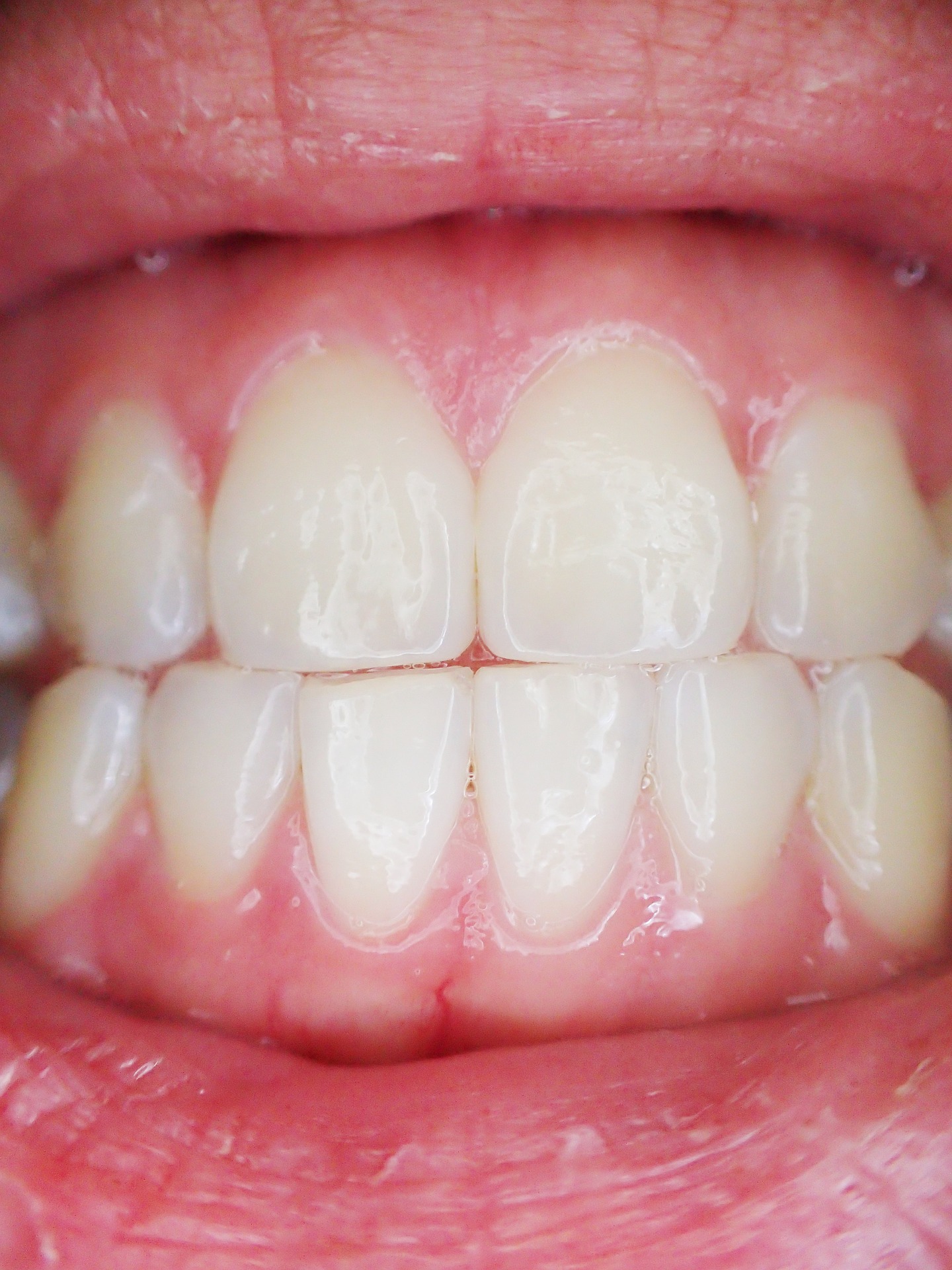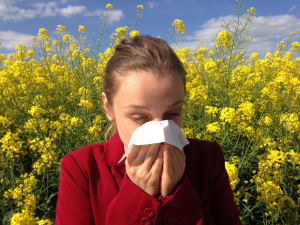Gum bleeding as a warning signal
Surely, we all know this: after thoroughly brushing our teeth, we rinse out our mouths and suddenly discover a reddish discoloring in the rinsing water while it slowly but certainly makes its way towards the drain in a circular fashion. After a closer examination of the mouth, we determine that the source of this reddish discoloring is our irritated gum line and we quickly dismiss the event as a triviality. In many cases, this is not the best course of action since bleeding gums (especially those that keep bleeding over several days) are a definitive warning signal for a potentially more serious problem such as an inflammation inside the mouth. This is important because the gum line serves as an anchor for the teeth and, in cases of inflammation, provides less and less support, which can in turn lead to a multitude of dental problems. Thus, in cases of gum bleeding, always take the extra step and research the potential cause more closely!
What are the causes of gum bleeding?
As already indicated, gum bleeding can have a variety of different causes and is often a result of lacking oral hygiene. To stop the bleeding, it is in most cases enough to start properly brushing one’s teeth again. In severe cases, gum bleeding can be caused by more serious dental problems, such as:- Gingivitis (gum inflammation): Gingivitis is an inflammation of the gum line and is caused by bacteria that find their way into the gaps between teeth and the gum line. If this condition is not treated in time, it can result in a recession of the gum line which can in turn cause a loss of support for the teeth.
- Periodontitis (advanced form of gum inflammation): Periodontitis is the chronic form of the common gum line inflammation (gingivitis) which attacks the jaw bones and as a result can weaken the support for teeth provided by the gum line. Smoking and other diseases (e.g., diabetes) can worsen periodontitis and give rise to a more aggressive form which can, if left untreated, lead to complete tooth loss in merely 2 years.
- Hormonal Factors: Hormonal changes and imbalances during pregnancy and puberty can lead to gum bleeding. This is why medical professionals often refer to these conditions as puberty-gingivitis and pregnancy-gingivitis.
- Other Diseases: Diseases such as diabetes, HIV, leukemia, and other viral infections can, under certain circumstances, also cause gum bleeding.
- Overly hard bristles or excessive pressure during tooth brushing: To successfully combat this cause of gum bleeding, one should consult a dentist prior to selecting the optimal toothbrush and inquire about the most appropriate brushing technique.
How is gum bleeding treated?
As already mentioned, the less severe form of gum bleeding can be quite easily stopped and prevented by better oral hygiene. To combat more severe forms of gum bleeding which are caused by infections like gingivitis, patients need to almost always enlist the help of a dentist. Should gum bleeding be the result of non-dental health-related factors (e.g., hormonal imbalances), affected patients should also consult other specialists (e.g., gynecologists) to find solutions to their health problems.How can I prevent gum bleeding?
To provide information on how to prevent gum bleeding from occurring in the first place, we went out and collected several helpful tips from dentists and dental care experts:- Don’t forget your dental floss: In addition to brushing your teeth thoroughly, one should use dental floss at least once every day to clean out the spaces between teeth and prevent the formation of “hidden” breeding grounds for bacteria.
- Always thoroughly brush your teeth: Even when the gum lines are bleeding, one should carefully clean them with a soft toothbrush to prevent any potential for bacterial infections. The use of special antibacterial mouthwash after each brushing is also advisable.
- Stop smoking (or never start): As if one needed another reason to stay away from cigarettes, right? In short: say no to cigarettes and thereby reduce the risk of gum bleeding.
- Professional oral hygiene: In cases in which gum bleeding persists for more than a week, one should consult a dentist who will hopefully be able to resolve the issue via a professional oral cleaning which cleans out the spaces between the teeth much more thoroughly than any patient could by him- or herself.
- Natural healing methods: Additionally, patients can use several natural healing methods such as rinsing one’s mouth with sage or chamomile to reduce the risk of oral infections.

In the meantime, we would love to hear from you – please leave any thoughts and feedback in the comment box below and invite you to get a free subscription to our blog right here on our website.


